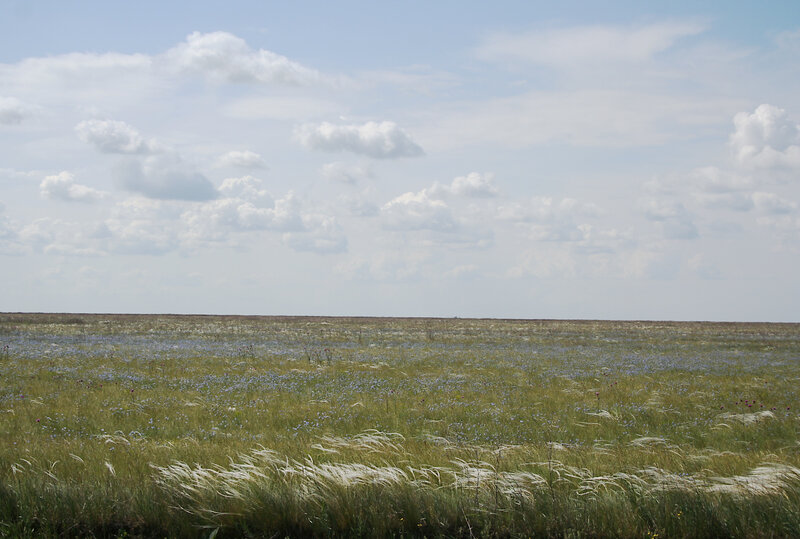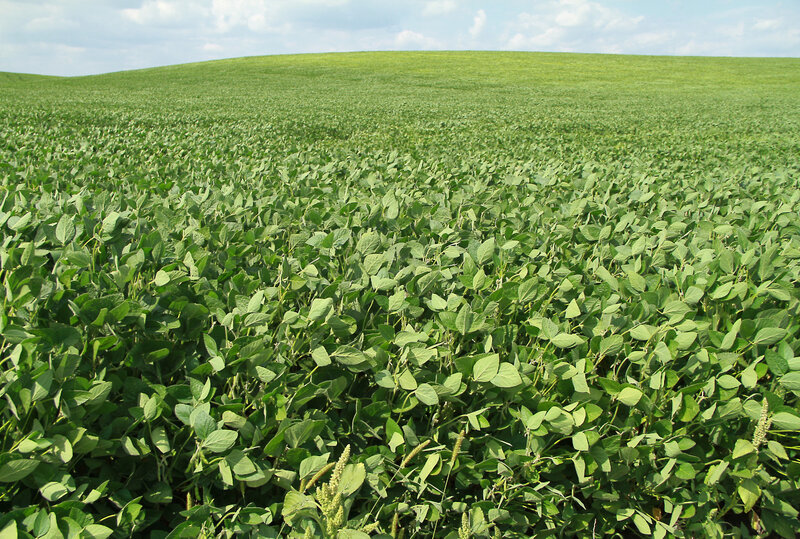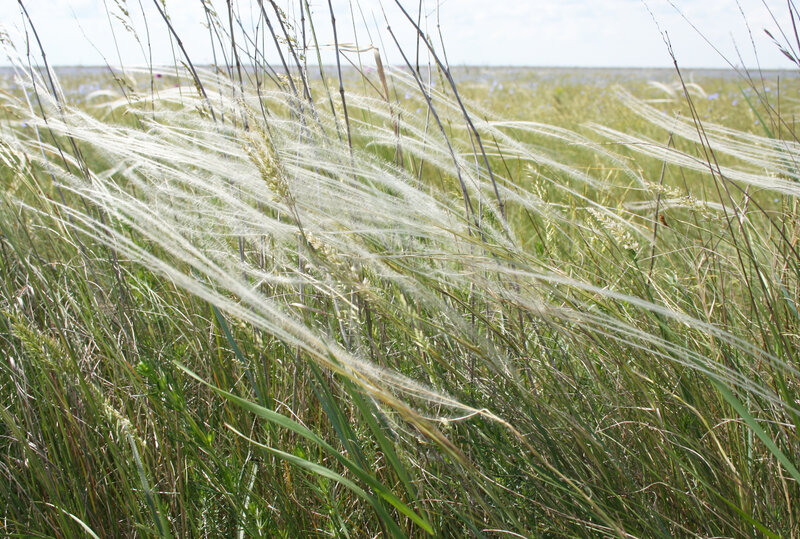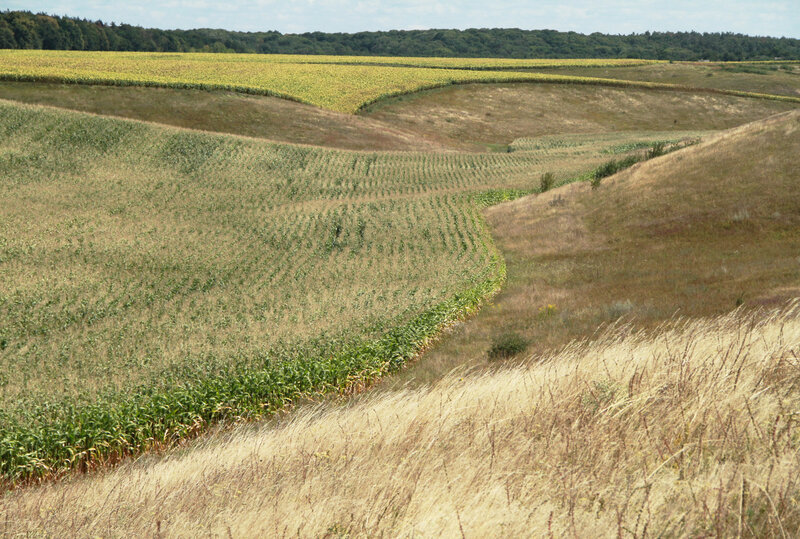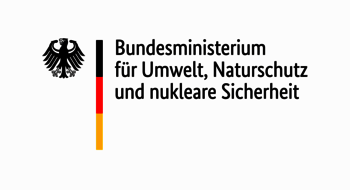Ukraine
Carbon contents of Ukrainian steppe soils - survey, modelling, policy advice
Soils play an important role in combating climate change as sources and sinks of greenhouse gases (GHG). On the one hand, depending on management, humus can be heavily mineralised by land-use changes and in field cultivation, which is associated with the release of climate-damaging CO2 and the reduction of soil fertility. On the other hand, the soil has an enormous potential to sequester carbon, e.g. in agriculture by means of targeted humus management. This also increases soil fertility. In the nationally determined contributions, the Parties to the Paris Convention of the UNFCCC, including Ukraine, commit themselves to formulate and update their national climate protection targets. Black earth, a widespread soil type of the Ukrainian steppes, is rich in humus and has a high soil fertility, but large areas have been degraded by decades of intensive agricultural use.
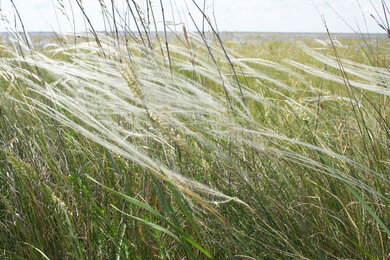
CUC LUC
Carbon contents of Ukrainian steppe soils - survey, modelling, policy advice
Location: Ukraine
Duration: 06.2020 - 12.2021
The project analyses how much organic carbon (C) is bound in black soils in the form of humus, how the humus content depends on land use and type of farming and what the main causes of soil degradation are. In cooperation with the Ukrainian NGO Agricola and a research institute, the C contents of black soils under different intensive use are measured. GIS-based modelling is used to predict changes in humus content under expected climate change and under specific management. Based on this, recommendations for action are derived and submitted to the Ministry of Environmental Protection of Ukraine. Know-how on data processing and modelling is provided to scientists, students, land users, environmental NGOs and political decision makers.
The project is funded within the programme Capacity development for environmental policy in countries of South-east and Eastern Europe, the Caucasus and Central Asia, Phase III of the International Climate Initiative. It is supervised by the Deutsche Gesellschaft für Internationale Zusammenarbeit (GIZ) GmbH.

Jens Wunderlich
Expertise: World Heritage, Biosphere Reserves, cartography
Tel +49 3834 83542 24
